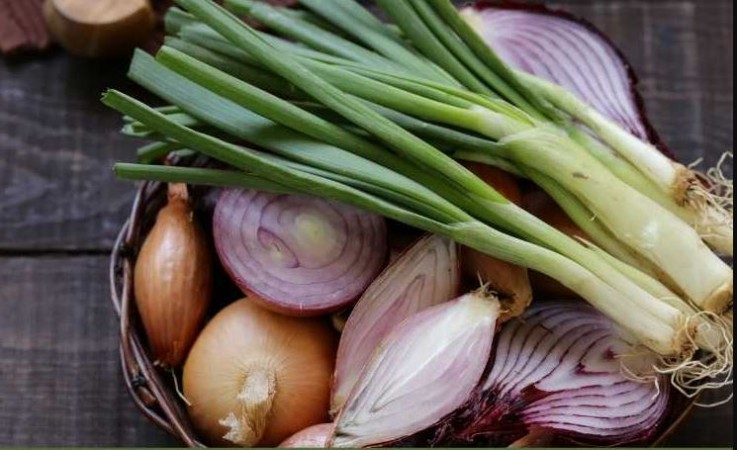
Incorporating green onions into your diet can have a positive impact on your heart health. These versatile vegetables not only add a burst of flavor to your dishes but also come with a range of cardiovascular benefits. In this article, we'll explore the various ways in which green onions can promote heart health and provide you with practical tips on how to incorporate them into your meals.
Before delving into the heart-healthy benefits, let's start with a brief introduction to green onions.
Green onions, also known as scallions or spring onions, are a type of allium vegetable. They are characterized by their long, slender green stalks and small white bulbs. Green onions are widely used in various cuisines around the world, adding a mild, onion-like flavor to dishes.
To appreciate their heart-healthy properties, it's essential to understand the nutritional content of green onions.
Green onions are low in calories, making them an excellent choice for those watching their weight. They provide flavor without significantly contributing to your daily calorie intake.
Green onions are packed with antioxidants, such as quercetin and allicin. These antioxidants help combat oxidative stress and reduce the risk of heart disease.
Fiber is a crucial component of heart-healthy diets. Green onions contain dietary fiber, which can help lower cholesterol levels and promote overall heart health.
Green onions are a good source of essential vitamins and minerals, including vitamin K, vitamin C, and folate. These nutrients support various aspects of heart health, such as blood clotting and blood pressure regulation.
Now, let's explore how green onions specifically contribute to heart health.
The fiber in green onions can help lower LDL (bad) cholesterol levels in the blood. By reducing cholesterol absorption, green onions contribute to a healthier cardiovascular system.
The potassium content in green onions can assist in regulating blood pressure. Adequate potassium intake is associated with a lower risk of hypertension and stroke.
The antioxidants in green onions, such as quercetin, protect blood vessels from oxidative damage. This protection helps maintain the elasticity and function of arteries and veins.
Chronic inflammation is a significant risk factor for heart disease. Green onions' anti-inflammatory properties can help reduce this risk and promote heart health.
Now that you know the heart-healthy benefits of green onions, here are some practical tips on how to include them in your meals.
Add chopped green onions to your salads for an extra layer of flavor and nutrition.
Green onions are a staple in many stir-fry recipes. Their mild flavor complements various vegetables and proteins.
Enhance the taste of soups and broths by including chopped green onions as a garnish.
Sprinkle green onions over omelets or scrambled eggs for a delightful breakfast option.
Green onions can be a key ingredient in homemade salsas and dips, adding freshness and a hint of spice. Incorporating green onions into your diet can be a flavorful way to support your heart health. With their low calorie count, high fiber content, and abundance of antioxidants, these versatile vegetables offer numerous benefits. Whether you enjoy them in salads, stir-fries, or omelets, green onions can be a heart-healthy addition to your meals. So why not start reaping the rewards of green onions today? Experiment with different recipes and discover how these humble vegetables can make your heart-healthy journey both delicious and nutritious.
India and I2U2 Partners Launch Private Enterprise Partnership to Advance Collaborative Initiatives
Unconventional Careers: 5 Weird Jobs from Around the World
Finance Ministry Upbeat About FY24 Growth at 6.5% Despite Balanced Risks